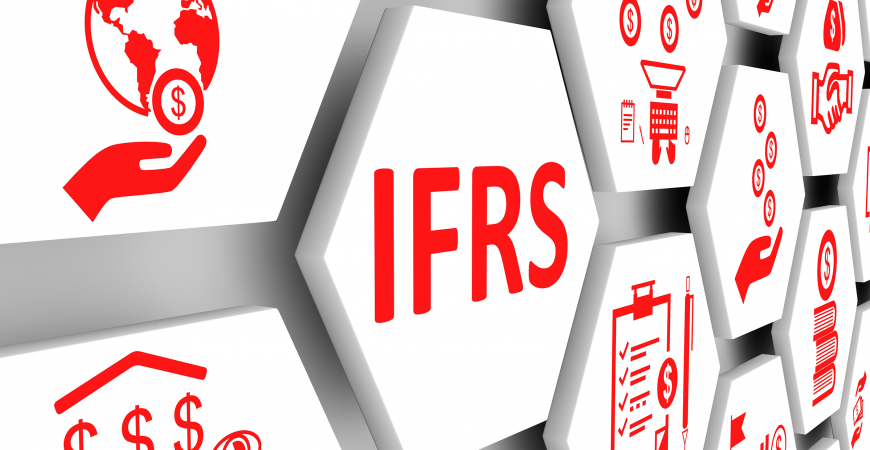February 16, 2023, may have seemed a typical Thursday to most, however for those involved in investor focused sustainability disclosures, it was a monumental day, as the International Sustainability Standards Board’s (ISSB) final decisions on the technical content of its initial standards were set in stone with issuance expected in quarter two 2023.
Following consultation in 2022, the ISSB agreed that its initial International Financial Reporting Standards (IFRS) Sustainability Disclosure Standards, S1 and S2, would become effective in January 2024.
The ISSB confirmed earlier in 2023 that industry-specific disclosures were required and, in the absence of specific IFRS Sustainability Disclosure Standards, companies must consider the Sustainability Accounting Standards Board (SASB) Standards to identify sustainability-related risks, opportunities and metrics. The ISSB has committed to improving the international applicability of the SASB Standards throughout 2023.
In a nutshell, IFRS S1 and S2 require a company to disclose information that enables investors to assess the effect of significant sustainability-related risks and opportunities on its enterprise value and establish disclosure requirements specific to climate-related risks and opportunities. IFRS S1 is considered as the baseline or core of sustainability disclosure whereas IFRS S2 provides specific information relating to climate mitigation and adaptation which builds upon the recommendations of the Task Force on Climate-Related Financial Disclosures (TCFD). S2 also incorporates industry-based disclosure requirements derived from SASB Standards.
So, what does this mean?
Companies that already use SASB Standards will have a competitive advantage in applying the ISSB Standards and should continue to adopt them as this provides a robust foundation for adopting IFRS Sustainability Disclosure Standards in the coming years.
For companies that have just formed a sustainability vision and purpose and undertaken critical actions towards reporting such as a materiality assessment and strategy, the ISSB’s IFRS will introduce a nuanced process to assist in applying the standards.
After all, the ISSB is committed to supporting implementation for businesses regardless of size, sector, geographical location or sustainability and ESG maturity. With that in mind, those new to sustainability disclosures and reporting should be proactive and use 2023 to consider the future application of the IFRS Sustainability Disclosure Standards within their strategy.
One way companies can do this is by assessing or reassessing their sustainability and ESG maturity and asking some key questions relating to critical sustainability elements to determine their preparedness to adopt the standards including (inter alia):
- Internal data collation, analysis and assurance systems
- Sustainability and ESG risks and opportunities
- Governance and oversight
- Strategy and objective setting
 ReGen Strategic
ReGen Strategic